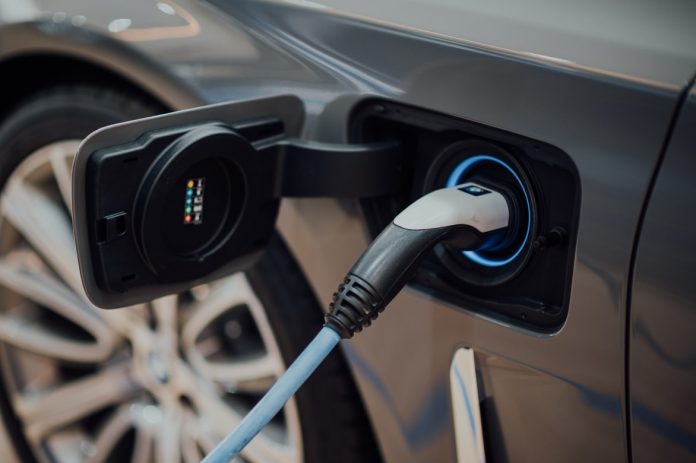Electric cars are becoming a hot commodity nowadays. Between Greta Thunberg telling us to skip the private jet for the sake of the planet and the ever-rising cost of fuel, there are a lot of reasons to look at the electric car.
But is it there yet? Whenever there appears to be a real one-to-one conversation about electric cars, there seems to be a roadblock, so to speak. Maybe your home can’t accommodate an external plug, maybe your country road lifestyle means there aren’t enough public plugs near you. Maybe the idea of waiting for it to charge puts you off?
If you’re having trouble making up your mind, we’re here to help by being the information that makes up an informed decision. If you are considering upgrading to an electric vehicle, take a look at all the pros and cons here.
What are the drawbacks?
Charging your car is obviously a priority when you look into owning an electric vehicle. Practically, how are you going to keep it running? Thus far this has only been done one way: pull into the station, fill her up and go. With wall boxes and the ability to connect your car to any external plug, you will have options.
Most cars with a 60kWh battery, which is typical, will take about 8 hours to charge from empty. That number alone can put a lot of people off. However, a 50kW rapid charger will allow you to add up to 100 miles of range in around 35 minutes. This can be useful if you are charging at home or at work and can simply plug in your car and leave it until morning, but a lot of homes don’t allow for that, if you are on a busy block of apartments for example. And it means sitting in the car for 35 minutes to get going again during a long journey.
Insuring an electric car unfortunately will cost more than petrol or diesel because they are fitted with batteries that can be expensive to replace. If you are looking for better car insurance, consider going with Lemonade, which offers a 5% discount for EVs and will be able to locate you and your car through a handy app if you were to break down.
And then there is the purchase price. Electric cars are still the newest cars on the market, with new tech under the hood of recognizable models, therefore you’re likely to see around a $10k premium over a gas-fueled equivalent. It takes dedication to save the world.
What are the perks?
So, now that we’ve thoroughly depressed you, let’s build up the idea again. Electric cars come with lots of perks for you and the planet.
The big selling point you will constantly hear about is the electric car’s zero emission driving ability. You will do mile after mile without adding a scratch to the scarred face of Mother Earth, since the electric battery will power the car – and everything inside it – without producing any waste.
Plus, any waste produced when charging it goes back to the national grid to power everything else around you. If that happens to be a renewable energy source, like solar panels or wind farms, you could be actively lowering harmful emissions to the world.
However, some people aren’t convinced by the kumbaya argument, and dealerships know that. That’s why they aim to entice drivers with buying incentives; some are backed up by the government and some are simply out of the goodness of a dealer’s heart, if it isn’t made from stone.
To add to the incentive to buy, there are the tax incentives. You can qualify for a federal tax credit on electric vehicles, depending on how old – or rather how new – the car is. There are also state and utility incentives for you to take advantage of.
And finally, the electric car is famously very cheap to run. All of the issues of how to charge your car or how much the car initially cost is offset by the fact that a few dollars’ worth of electricity added to your utility bill will fully charge your car. The rising prices of fuel will not bother you when you are plugging your car into your wall with your TV, phone and everything else for almost free.










